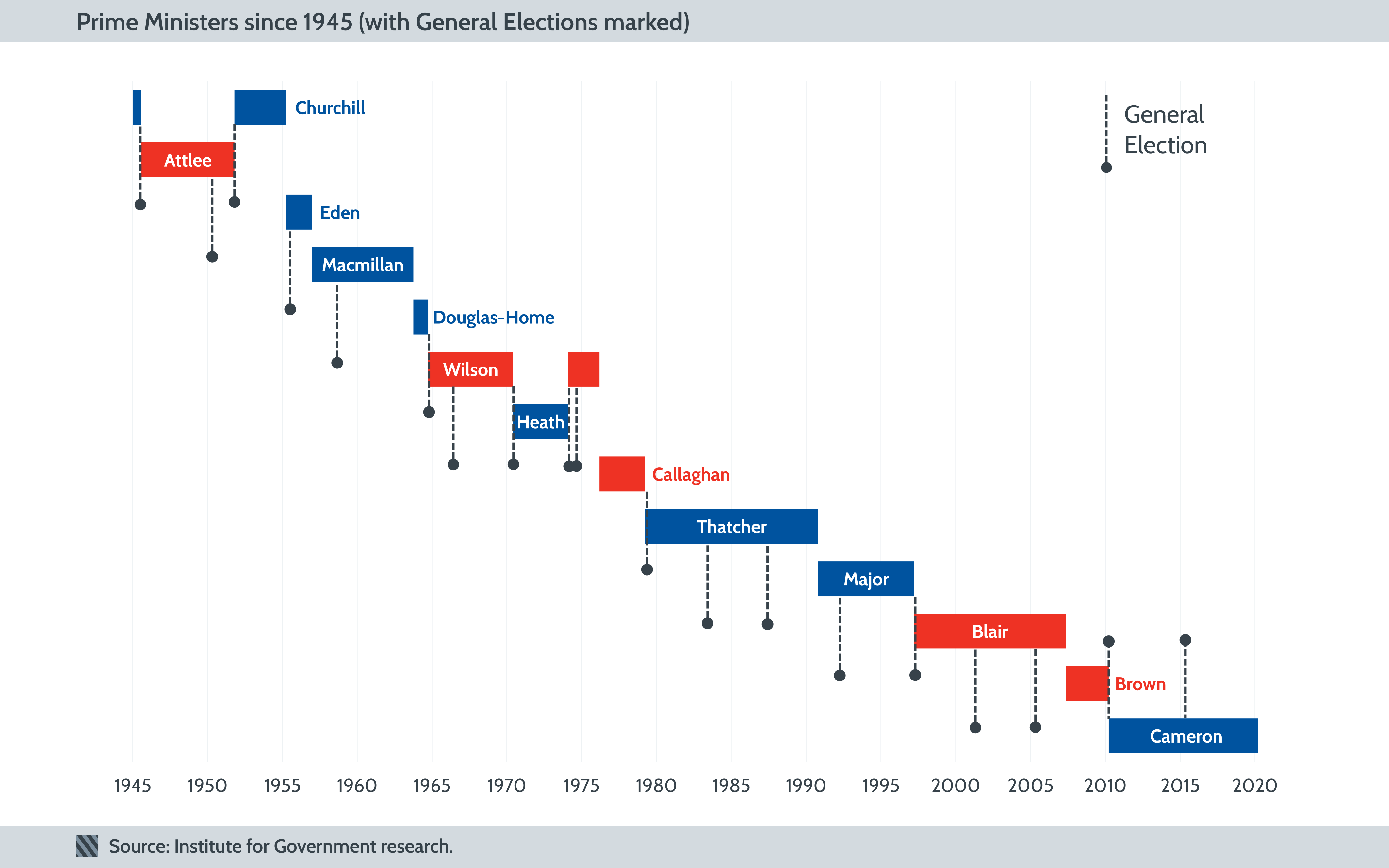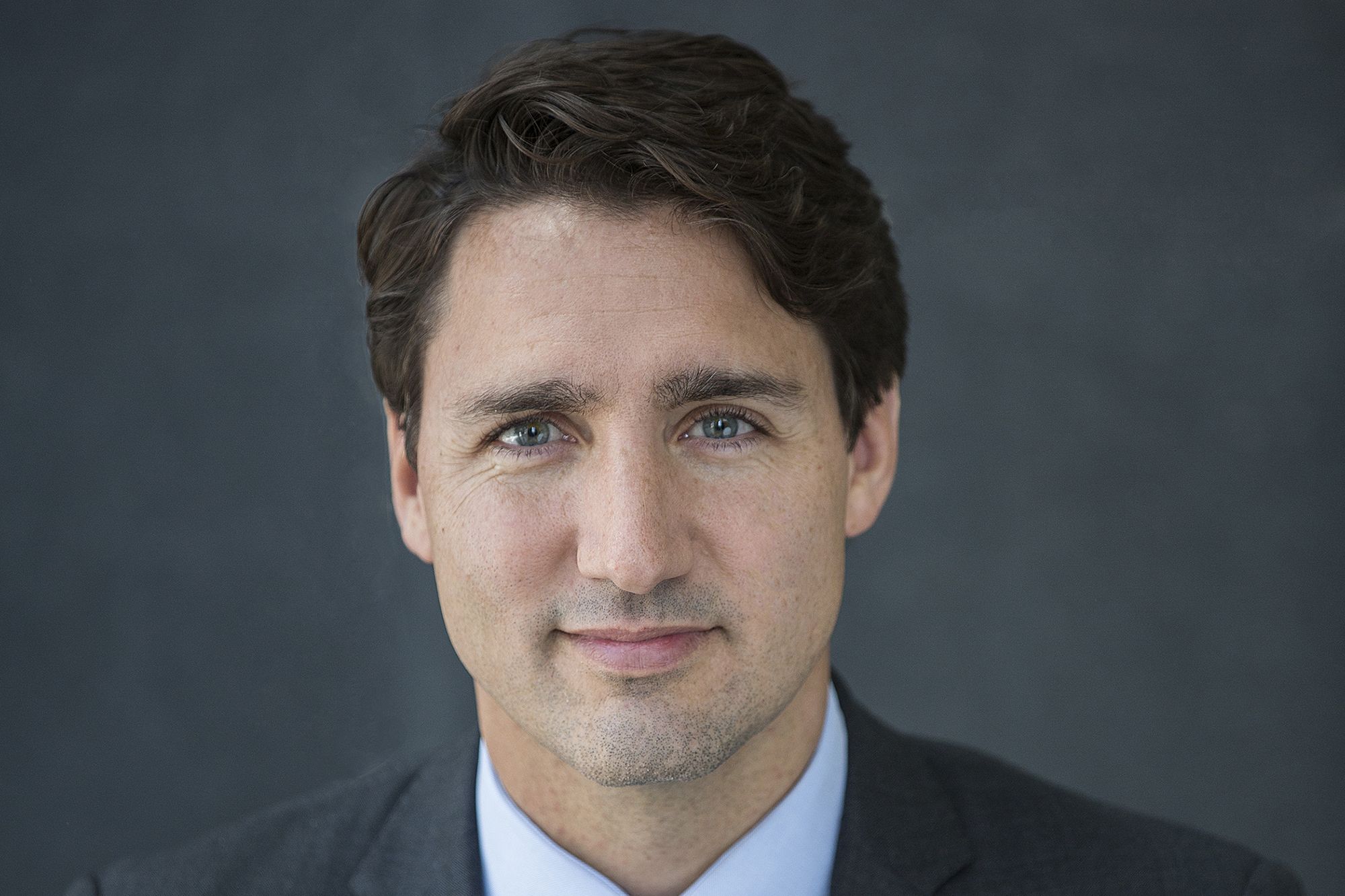Viral News | Explore around Viral and popular News this year
Jean Chrétien: Canada's 20th Prime Minister And Liberal Leader
Among the numerous great Canadian Prime Ministers who made a tremendous contribution to the country’s history, Jean Chrétien holds an exceptional place. As Canada's 20th Prime Minister and Liberal Leader, Chrétien's impacts are still felt to this day.

Former Prime Minister of Canada Jean Chrétien signed photo - Source estatesales.org
Editor's Notes: "Jean Chrétien: Canada's 20th Prime Minister And Liberal Leader" have published today date. Given the importance and recent interest in this topic, we've put together this comprehensive guide to help you make the best decision.
We understand the significance of making informed decisions. That's why our team has meticulously analyzed and curated all the essential information, providing you with a clear and concise overview of "Jean Chrétien: Canada's 20th Prime Minister And Liberal Leader".
Key Differences
To provide a quick and informative overview, we've summarized the key differences in a table format below:
Transitioning to Main Article Topics
Now that you have a solid understanding of the key aspects, let's delve deeper into the main topics surrounding "Jean Chrétien: Canada's 20th Prime Minister And Liberal Leader":
FAQ
This FAQ section aims to provide a comprehensive overview of Jean Chrétien, the 20th Prime Minister of Canada and Liberal leader, addressing common inquiries and offering insightful commentary.

The history of changes of Prime Minister | The Institute for Government - Source www.instituteforgovernment.org.uk
Question 1: What were Jean Chrétien's key achievements as Prime Minister?
Chrétien's premiership was marked by several significant achievements, including the implementation of the Clarity Act, which established a framework for provincial secession referendums; the creation of the Canadian Firearms Registry; and the introduction of the same-sex marriage bill.
Question 2: What were the major challenges Chrétien faced during his time in office?
Chrétien faced numerous challenges during his tenure, including the 1995 Quebec referendum, which saw a narrow victory for the federalist side; the sponsorship scandal, which involved allegations of corruption within the Liberal Party; and the aftermath of the September 11 attacks, which significantly impacted Canada's security and foreign policy.
Question 3: What are the main criticisms leveled against Chrétien's leadership?
Some critics have argued that Chrétien's decision to prorogue Parliament in 2003 was an undemocratic move; his handling of the Sponsorship scandal has also been criticized. Additionally, some have contended that Chrétien's foreign policy was过于focused on maintaining close ties with the United States, which limited Canada's independent voice on the world stage.
Question 4: What is Chrétien's legacy as Prime Minister?
Chrétien is generally regarded as a successful Prime Minister who presided over a period of economic prosperity and social progress. His legacy includes the implementation of numerous policies that have had a lasting impact on Canada, such as the Clarity Act and the Canadian Firearms Registry.
Question 5: What is Chrétien's current role and involvement in public life?
Since stepping down as Prime Minister in 2003, Chrétien has remained active in public life. He has been involved in various initiatives, including the Jean Chrétien Foundation, which focuses on supporting young Canadians through education and leadership development.
Question 6: What are the key sources for learning more about Jean Chrétien and his premiership?
For those interested in delving deeper into Jean Chrétien's life and career, several resources are available. These include his autobiography, "My Years as Prime Minister," and numerous biographies and academic studies. Additionally, the Library and Archives Canada holds extensive collections related to Chrétien's time in office.
Jean Chrétien's premiership was characterized by both achievements and challenges. His legacy as a successful and influential Prime Minister continues to shape discussions about Canadian politics and society.
Transition to the next article section...
Tips
In a career marked by political success, former Prime Minister of Canada Jean Chrétien Jean Chrétien: Canada's 20th Prime Minister And Liberal Leader imparted wisdom that can benefit individuals seeking guidance in leadership, negotiation, and personal development.
Tip 1: Embrace Compromise
Chrétien believed that compromise was essential for effective leadership, recognizing that different perspectives held value. By finding common ground, he fostered consensus and achieved mutually beneficial outcomes.
Tip 2: Communicate Clearly
Concise and direct communication was a cornerstone of Chrétien's leadership. He emphasized the importance of clearly articulating goals, expectations, and decisions, ensuring transparency and reducing misunderstandings.
Tip 3: Maintain Integrity
Upholding ethical standards and integrity were paramount to Chrétien. By adhering to principles of honesty and transparency, he fostered trust and credibility, which are vital for any leader.
Tip 4: Delegate Effectively
Chrétien emphasized the importance of delegating tasks and empowering others. By providing clear direction and supporting staff, he fostered a productive and motivated team environment.
Tip 5: Manage Conflict Constructively
Chrétien recognized that conflict is inevitable. He approached it with respect for differing opinions and sought collaborative solutions that preserved relationships and achieved positive outcomes.
These principles, honed through a lifetime of experience, provide a valuable guide for aspiring leaders in diverse fields, offering insights into effective communication, conflict resolution, and personal growth.
Jean Chrétien: Canada's 20th Prime Minister And Liberal Leader
Jean Chrétien, who served as Canada's 20th Prime Minister, played a pivotal role in shaping the country's political landscape. His tenure was marked by significant economic and social reforms that had a lasting impact on Canada.
- Economic Reforms: Balanced budget, deficit reduction
- Social Reforms: Same-sex marriage, Clarity Act
- International Relations: Nafta, Kyoto Protocol
- Quebec Sovereignty: Clarity Act, referendum defeat
- Liberal Leadership: Longest-serving Liberal PM
- Personal Legacy: Charismatic, pragmatic, "Mr. Dithers"
Chrétien's economic policies, focused on fiscal responsibility and deficit reduction, stabilized the Canadian economy and laid the foundation for future prosperity. His social reforms, including the legalization of same-sex marriage and the establishment of the Clarity Act, reflected his commitment to social justice and equality. On the international stage, Chrétien played a key role in the implementation of NAFTA and the Kyoto Protocol, demonstrating his dedication to global cooperation. His strong stance against Quebec sovereignty, culminating in the defeat of the 1995 referendum, preserved Canadian unity. As the longest-serving Liberal Prime Minister, Chrétien left an enduring mark on the party and Canadian politics as a whole. His charismatic and pragmatic leadership style earned him both admiration and criticism, cementing his legacy as a consequential figure in Canadian history.

Prime Minister Justin Trudeau - RehmaRentaro - Source rehmarentaro.blogspot.com
Jean Chrétien: Canada's 20th Prime Minister And Liberal Leader
Jean Chrétien served as Canada's 20th Prime Minister from 1993 to 2003. He was the leader of the Liberal Party of Canada from 1990 to 2003. Chrétien is best known for his role in the Charlottetown Accord, a constitutional amendment package that was defeated in a 1992 referendum. He also oversaw the implementation of the North American Free Trade Agreement (NAFTA).

Liberal Leader Justin Trudeau Editorial Stock Image - Image of politics - Source www.dreamstime.com
Chrétien was born in Shawinigan, Quebec, in 1934. He studied law at the Université Laval and was called to the Quebec Bar in 1958. Chrétien entered politics in 1963, when he was elected to the House of Commons of Canada as the Member of Parliament for Saint-Maurice—Laflèche. He served in various ministerial positions in the governments of Lester B. Pearson and Pierre Trudeau.
In 1990, Chrétien was elected leader of the Liberal Party of Canada. He led the party to victory in the 1993 federal election, defeating the Progressive Conservative government of Kim Campbell. Chrétien's government implemented a number of significant policy changes, including the introduction of the Goods and Services Tax (GST), the creation of the Canadian Firearms Registry, and the recognition of same-sex marriage.
Chrétien retired from politics in 2003. He is currently a partner in the law firm of Heenan Blaikie.
| Role | Term |
|---|---|
| Prime Minister of Canada | 1993-2003 |
| Leader of the Liberal Party of Canada | 1990-2003 |
Conclusion
Jean Chrétien was a significant figure in Canadian politics. He served as Prime Minister for 10 years, during which time he oversaw a number of important policy changes. Chrétien is remembered as a strong leader who was able to build consensus on difficult issues.
Chrétien's legacy is mixed. He is praised for his leadership during the Charlottetown Accord negotiations and for his role in implementing NAFTA. However, he is also criticized for his handling of the Somalia Affair and for his decision to go to war in Afghanistan.
Despite the controversies, Chrétien remains a popular figure in Canadian politics. He is remembered as a charismatic leader who was able to connect with Canadians on a personal level.